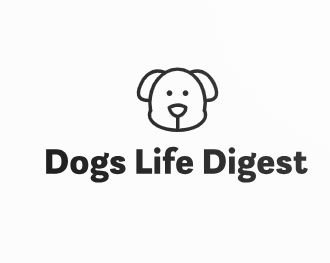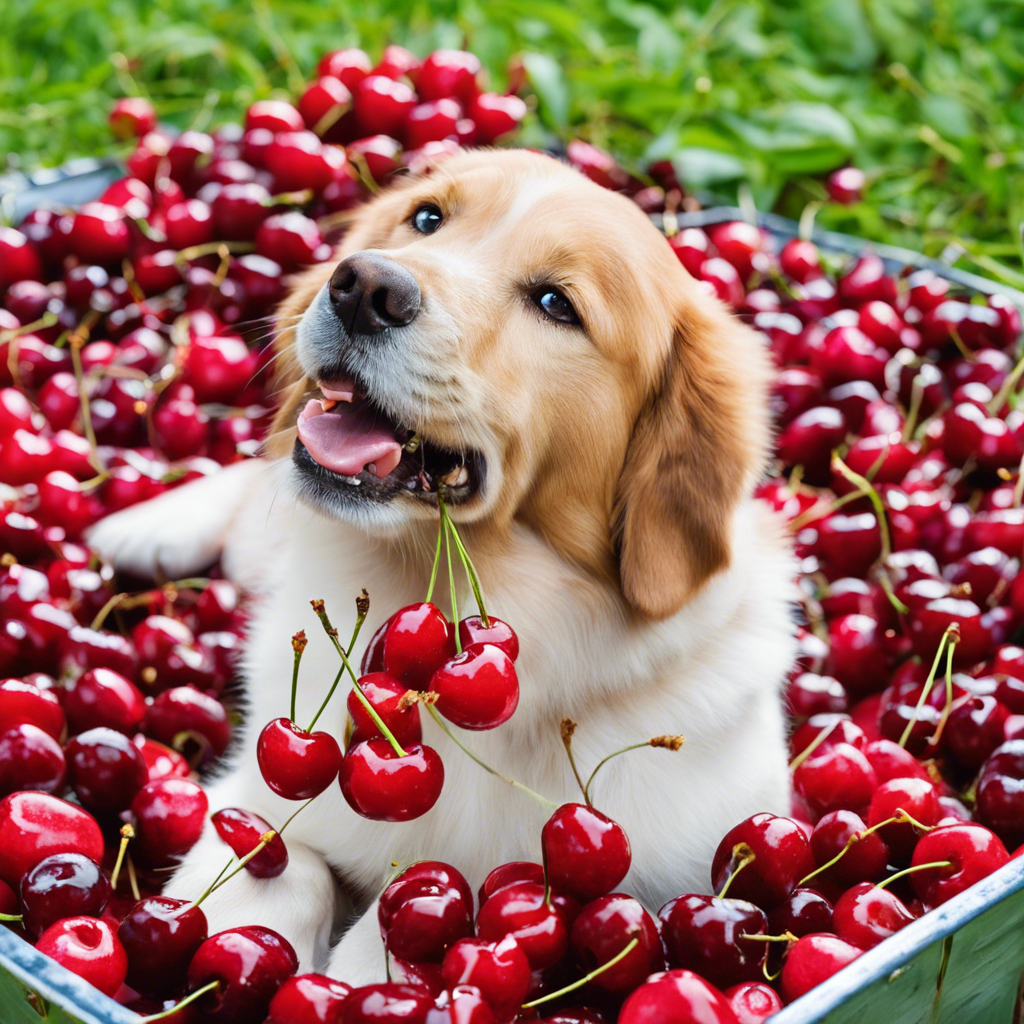Sure, I’d be delighted to dive into this topic with a journalistic lens.
Cherries, with their juicy sweetness, might seem like a tempting treat to share with our canine companions, but it’s important to approach this fruit with caution. While dogs can eat certain fruits and vegetables as part of a balanced diet, the relationship between dogs and cherries is a delicate one. The main concern lies not in the juicy flesh of the cherry but in the pits, leaves, and stems, which contain cyanide, a toxic compound.
Cyanide toxicity can cause severe health issues in dogs, including difficulty breathing, dilated pupils, and even death. The danger is more pronounced in wild or sour cherries, as they have higher cyanide levels, but even the pits of sweet cherries should not be underestimated. If a dog were to chew and ingest a cherry pit, it could lead to intestinal blockage and potential cyanide poisoning.
Recognizing the symptoms of cherry-related issues in dogs is crucial. If your dog shows signs of abdominal pain, starts vomiting, or experiences unusual breathing patterns after consuming cherries, seek veterinary attention immediately. Vets can provide supportive care and administer medications to counteract the effects of cyanide.
So, can dogs eat cherries? The answer is both yes and no. While small amounts of cherry flesh are generally safe, it’s crucial to remove the pit, leaves, and stem before offering it as a treat. Always monitor your dog when introducing new foods and be cautious with portion sizes.
When in doubt, it’s best to offer alternatives that are safe and nutritious for dogs. There are plenty of dog-friendly fruits and vegetables, such as apples (without seeds), blueberries, carrots, and cucumbers, that can satisfy your dog’s craving for something sweet and tasty without the potential risks associated with cherries.
As responsible pet owners, our priority is to keep our furry friends healthy and happy. While some fruits and vegetables can be a tasty addition to their diet, it’s essential to be well-informed about potential risks. Before introducing new foods, consult with your veterinarian, who can provide personalized advice based on your dog’s specific needs and health status.
Remember, knowledge is power, and in the case of our four-legged friends, it can also be a safeguard! Stay informed and keep your pets safe on their culinary adventures.




